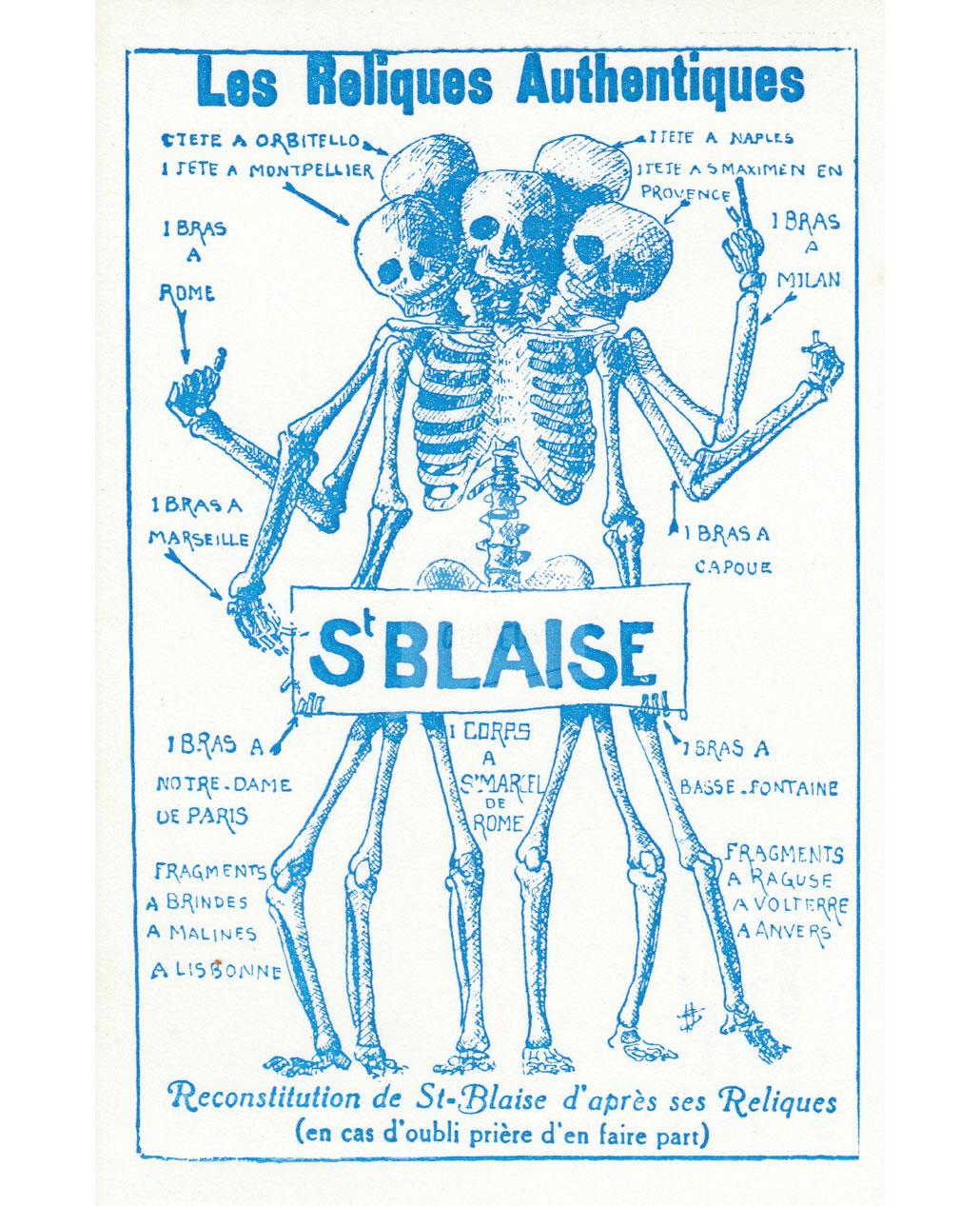La Calotte on:
[Wikipedia]
[Google]
[Amazon]
 ''La Calotte'' is a French illustrated
''La Calotte'' is a French illustrated
La Calotte
' de Marseille, sur le site Caricatures et caricature
cartes postales
* ''La Calotte (Paris)'', Caricatures et caricature, 13 janvier 2007,
/small>.
pages 186 et suivantes
 ''La Calotte'' is a French illustrated
''La Calotte'' is a French illustrated satirical
Satire is a genre of the visual arts, visual, literature, literary, and performing arts, usually in the form of fiction and less frequently Nonfiction, non-fiction, in which vices, follies, abuses, and shortcomings are held up to ridicule, ...
anticlerical
Anti-clericalism is opposition to religious authority, typically in social or political matters. Historically, anti-clericalism in Christian traditions has been opposed to the influence of Catholicism. Anti-clericalism is related to secularism, ...
weekly publication, which appeared in France from 1906 to 1912. Afterwards the title was resumed from 1930 to the present day, with a change of name under the German occupation of France
The Military Administration in France (; ) was an interim occupation authority established by Nazi Germany during World War II to administer the occupied zone in areas of northern and western France. This so-called ' was established in June 19 ...
.
La Calotte (1906-1911)
It was founded in Paris by Louis Grenêche, a publisher, in the context of the1905 French law on the Separation of the Churches and the State
The 1905 French law on the Separation of the Churches and State (French language, French: ) was passed by the Chamber of Deputies (France), Chamber of Deputies on 3 July 1905. Enacted during the French Third Republic, Third Republic, it establishe ...
, during the troubles caused by the Inventories. A powerful anticlerical wave then agitated France.
La Calotte appeared every week on 16 pages, half of which was illustrated with anti-clerical satirical drawings
Drawing is a visual art that uses an instrument to mark paper or another two-dimensional surface, or a digital representation of such. Traditionally, the instruments used to make a drawing include pencils, crayons, and ink pens, sometimes in com ...
. The rest consisted of texts, songs, jokes, denouncing clericalism.
The designers were Saint-Fourien, Asmodée, A. Mac or Chérubin.
In its first issue of 14 September 1906, the editorial explains:
Resumption of title after 1930
Libertarian
Libertarianism (from ; or from ) is a political philosophy that holds freedom, personal sovereignty, and liberty as primary values. Many libertarians believe that the concept of freedom is in accord with the Non-Aggression Principle, according ...
activist and free thinker André Lorulot
André Lorulot (born Georges André Roulot; 23 October 1885 – 11 March 1963) was a French individualist anarchist and freethinker
Freethought (sometimes spelled free thought) is an unorthodox attitude or belief.
A freethinker holds th ...
took over this title in the 1930s. The designers who worked there were Armangeol (Armand Gros) who produced comic Bibles, satirical ''Lives of Jesus ''and ''History of the Popes'' illustrated with satirical drawings.
During the 1939-1945 war, ''La Calotte ''changed its title to ''La Vague'', still under the direction of Lorulot, who stigmatized the ties between the Catholic Church
The Catholic Church (), also known as the Roman Catholic Church, is the List of Christian denominations by number of members, largest Christian church, with 1.27 to 1.41 billion baptized Catholics Catholic Church by country, worldwid ...
and fascism
Fascism ( ) is a far-right, authoritarian, and ultranationalist political ideology and movement. It is characterized by a dictatorial leader, centralized autocracy, militarism, forcible suppression of opposition, belief in a natural social hie ...
. ''La Vague'' denounces antisemitism
Antisemitism or Jew-hatred is hostility to, prejudice towards, or discrimination against Jews. A person who harbours it is called an antisemite. Whether antisemitism is considered a form of racism depends on the school of thought. Antisemi ...
.
After the war ''La Calotte'' became the organ of La Libre Pensee. It was a monthly publication from November 1945 on.
After the death of André Lorulot, H. Perrodo-Le Moyne became its director (May 1963). He writes articles and draws under the signature of ''P. Le M''.
The title still exists on subscription.
''La Calotte'' of Marseille
Another satirical weekly of the same name was published in Marseilles, between 1897 and 1906, with a pause between 1903 and 1905.La Calotte
' de Marseille, sur le site Caricatures et caricature
See also
* Didier Dubucq and his journal '' Les Corbeaux'' (1904-1909) *Anti-clericalism
Anti-clericalism is opposition to clergy, religious authority, typically in social or political matters. Historically, anti-clericalism in Christian traditions has been opposed to the influence of Catholicism. Anti-clericalism is related to secul ...
* Freethought
Freethought (sometimes spelled free thought) is an unorthodox attitude or belief.
A freethinker holds that beliefs should not be formed on the basis of authority, tradition, revelation, or dogma, and should instead be reached by other meth ...
External links
* Cartoliste, série du journal ''La Calotte''cartes postales
* ''La Calotte (Paris)'', Caricatures et caricature, 13 janvier 2007,
/small>.
Bibliography
* Anne Cachoux, Christian Delporte, ''La Calotte'', mémoire de maîtrise sous la direction de René Rémond, Paris X, Nanterre, 1980 * Guillaume Doizy, ''À bas la calotte ! La caricature anticléricale et la séparation des Églises et de l’État'', Alternatives, 2005, () * Michel Dixmier, Jacqueline Lalouette, Didier Pasamonik, ''La République et l’Église. Images d’une querelle'', Paris, La Martinière, 2005 *René Rémond
René Rémond (; 30 September 1918 – 14 April 2007) was a French historian, political scientist and political economist.
Born in Lons-le-Saunier, Rémond was the Secretary General of Jeunesses étudiantes Catholiques (JEC France in 1943) and ...
, ''L' Anticléricalisme en France de 1815 à nos jours'', Paris, Fayard, 1976pages 186 et suivantes
References